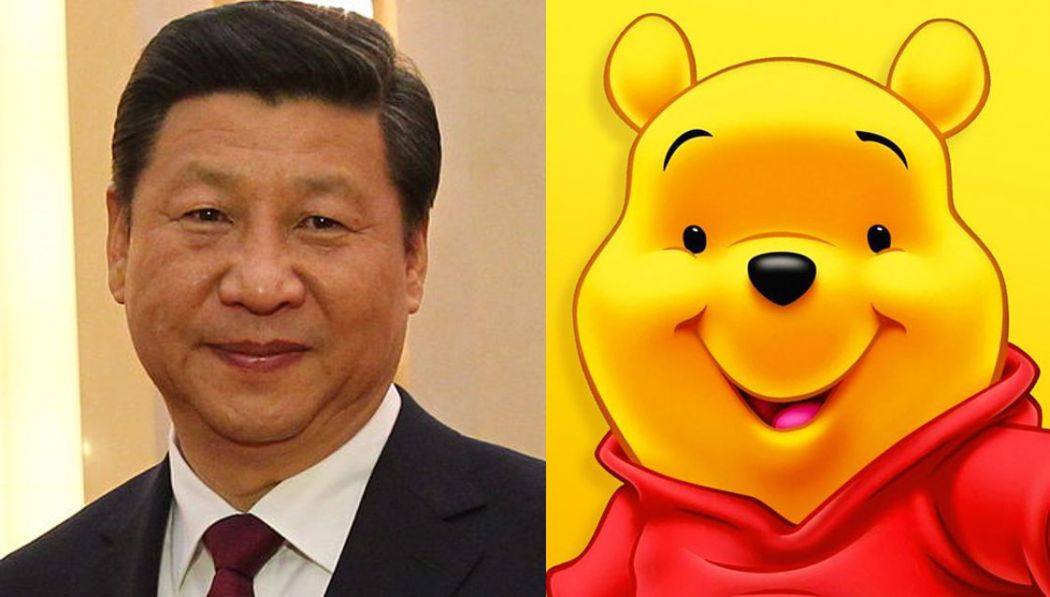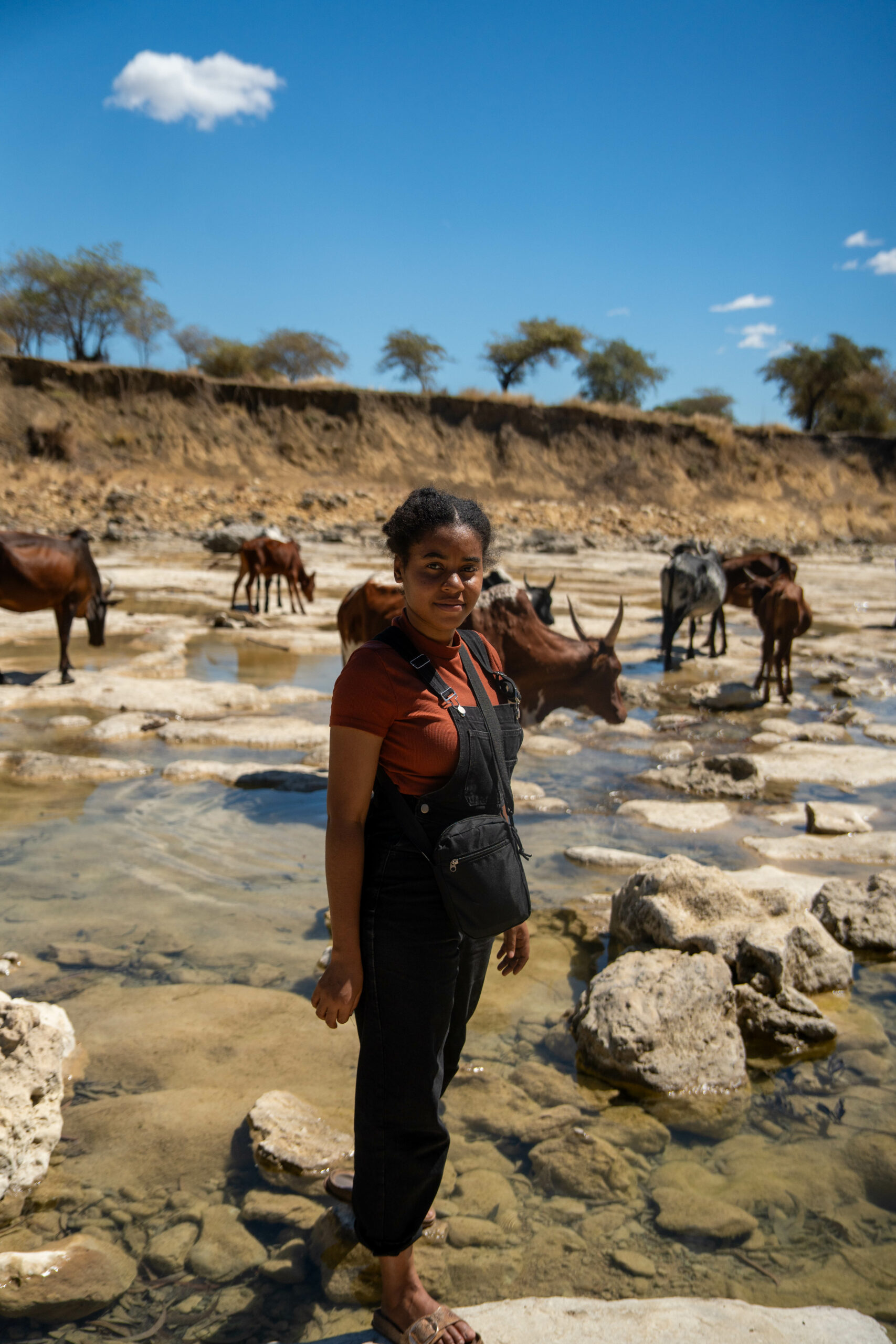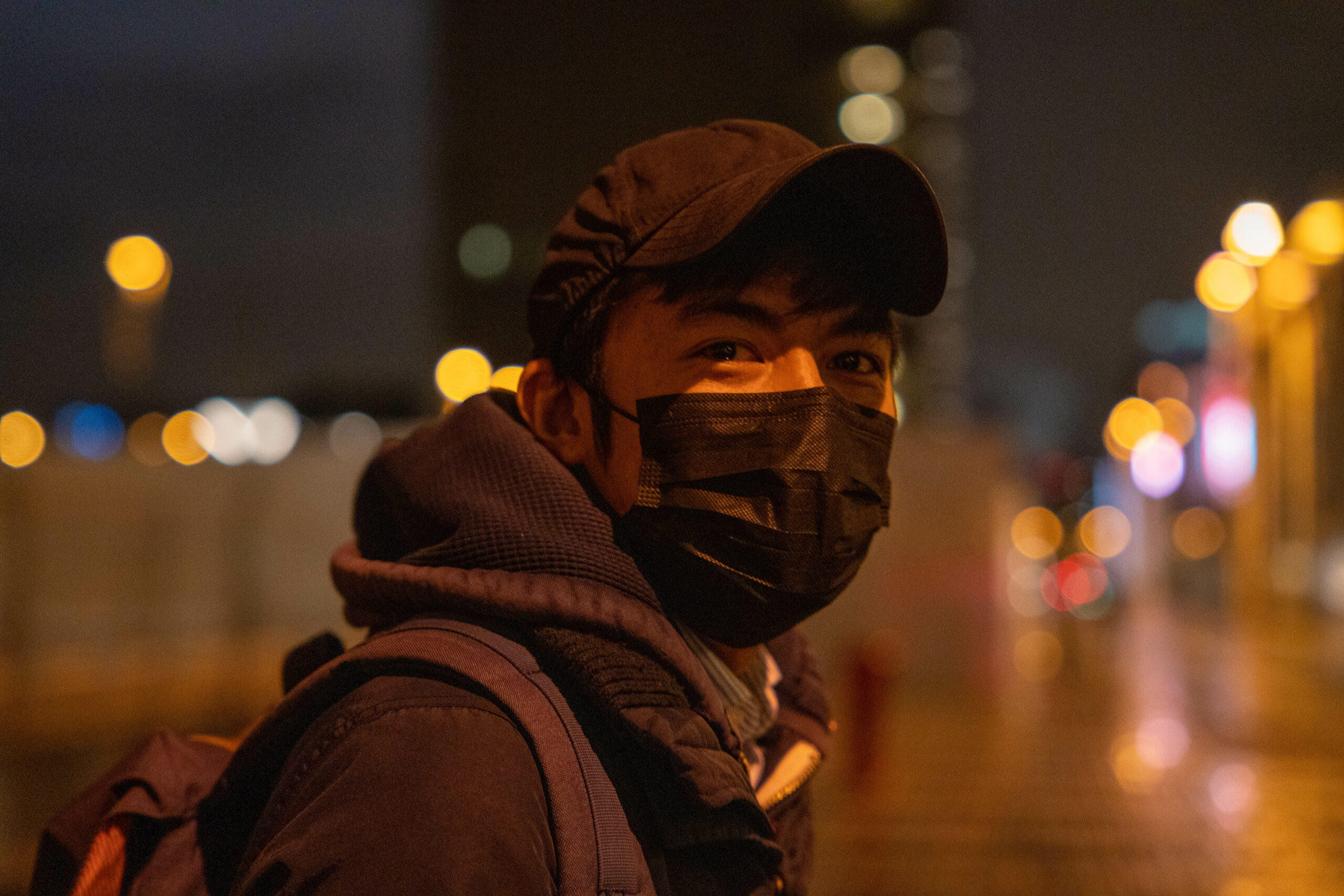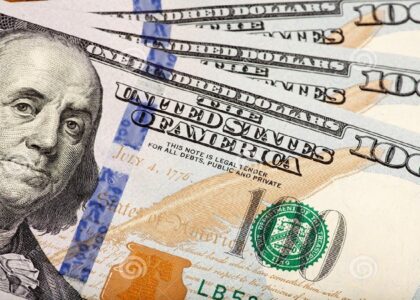Introduction
This is a series of 3 articles about the recent event in china (spoiler alert) :
- Winnie the pooh: The China Banking Crisis
- Winnie the pooh: China’s real estate crisis
- Winnie the pooh: The conquest of Taiwan
I hope I will have the motivation to write all these articles…
Let’s start :
恭喜发财
What happened and what could happen
In recent months, the banking system in China has been shaken by a major crisis that has seen billions of dollars defrauded from customers and has led to widespread protests. The Chinese economy is now on the brink of collapse, and if it falls, it could take many other countries down with it.
When China coughs, the world catches a cold
How did it start?
The crisis began in Hainan province, where customers found it difficult to withdraw large amounts of money from their accounts, sometimes not having access to any of their savings at all. This resulted in mass protests against the banks and the Chinese government. The government responded by deploying tanks to defend the banks.

What caused the economic crisis?
The banks mismanaged customer money in order to acquire new customers. They advertised very high-interest rates on deposits, tied to investments that were falsely marketed as risk-free. The banks also falsely advertised their products, leading Chinese citizens to believe that their savings were insured by the government. However, their savings were instead going into riskier financial investments that were not insured, leaving them vulnerable to losses and bankruptcy.

Why did the banks block access to customer money?
The banks restricted access to customer money and blocked online banking, claiming it was due to maintenance. However, to this day, the online banking systems are still down and customers are unable to withdraw money. Attempts to withdraw money often result in machines declining requests, and if too many attempts are made, the ATM may shut down the account for fraudulent activity.
What did the government do?
The government denied any involvement in the crisis and the Chinese Communist Party (CCP) controlled information by blocking news accounts about the crisis.

How did this happen?
Like most banks, Chinese banks use the fractional reserve system, which means that they only need to keep a fraction of the money deposited by customers in their accounts. The rest can be invested or loaned to other customers. The fractional reserve in China is 11.25%, which is low compared to other countries. However, this system relies on trust, and if everyone panics and tries to withdraw their money at the same time, the banking system can crash.
Conclusion
In conclusion, the bank crisis in China highlights the importance of a stable banking system and the risks of investing in riskier financial products. The crisis serves as a warning to other countries, as the fractional reserve system is used almost everywhere in the world and a similar crisis could occur elsewhere, like in our banking system…
- Cash crisis amid China’s stalling economy: rural banks freeze accounts, regulators playing ‘pass the parcels’ – SCMP
- More Protests Erupt in China Over Bank Scam as Anger Simmers – Bloomberg
- Did China Deploy Tanks Against Protesters? What We Do Know, What We Don’t – Newsweek
- Runs on Chinese local banks spur fears over health of regional lenders – Financial Times
- Chinese depositors left in dark as three local banks freeze deposits Reuters
- BlackRock, UBS Among Funds With Exposure to Defaulter Sunac – Bloomberg
- Driving Innovation: How Tech Partnerships Power Formula 1 Success - 9 December 2024
- Netflix Faces Technical Knockout During Highly Anticipated Mike Tyson vs. Jake Paul Fight - 17 November 2024
- Is the U.S. in a Recession? - 1 October 2024





























